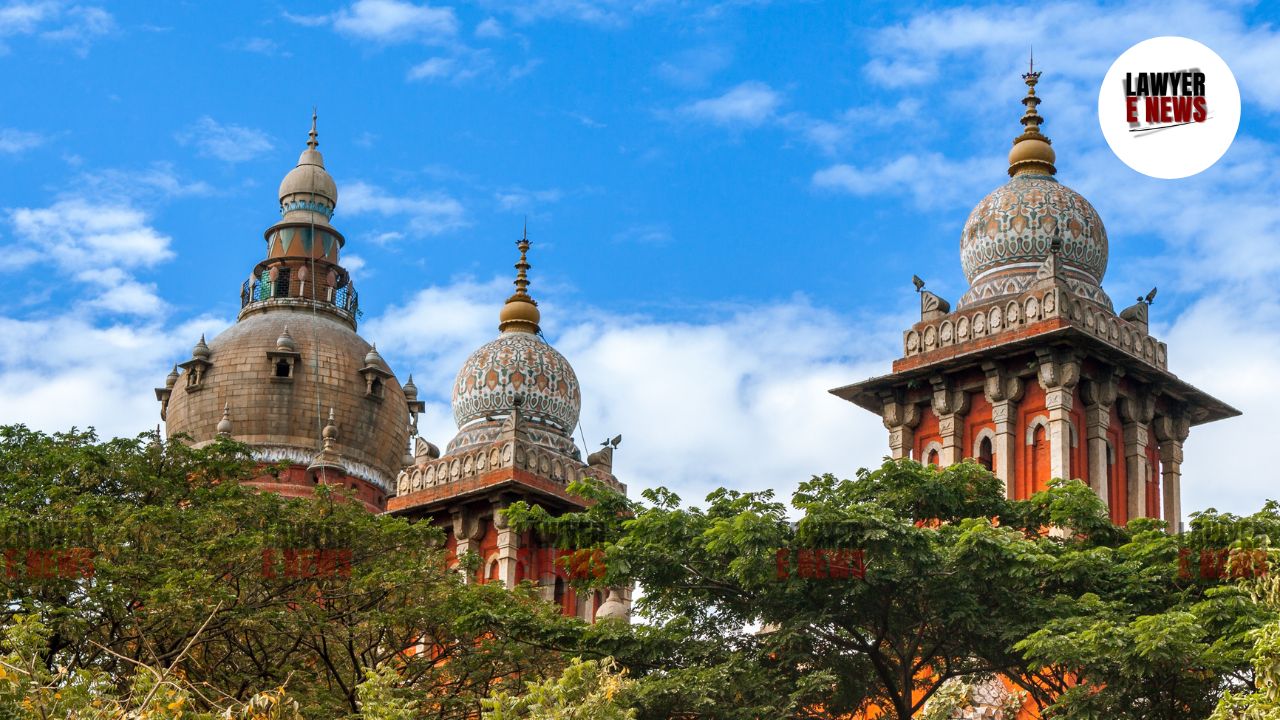-
by Admin
15 February 2026 5:35 AM



High Court upholds the acquittal in cheque dishonour case, emphasizing the importance of endorsing part-payments to reflect legally enforceable debt.”
The Madras High Court has dismissed a petition seeking special leave to appeal against the acquittal of Vahab Kakkidi Kadavath in a cheque dishonour case. The court, presided over by Justice M. Dhandapani, found no infirmities in the trial court’s judgment, which had acquitted the respondent on the grounds that the cheque did not represent a legally enforceable debt. This decision highlights the rigorous standards for granting leave to appeal under Section 378(4) of the Code of Criminal Procedure (Cr.P.C.).
The case revolves around a business transaction between Abdul Gafoor Muhammed Ahammed, the petitioner, and Vahab Kakkidi Kadavath, the respondent. The petitioner, Managing Director of M/s Alorabi Travel & Tourism Pvt. Ltd., Malappuram, Kerala, entered into a Memorandum of Understanding (MoU) with the respondent, who was engaged in the same field of air travel agency. The MoU stipulated a profit-sharing arrangement and an initial investment of Rs.75,00,000 by the petitioner. In December 2017, after the respondent expressed his desire to exit the business, a settlement was reached, determining that the respondent owed Rs.75,00,000 to the petitioner.
Subsequently, the respondent made part payments of Rs.15,00,000 and Rs.25,00,000 on 17.12.2017 and 22.01.2018, respectively. For the remaining balance of Rs.35,00,000, the respondent issued a cheque dated 17.02.2018, which was later dishonoured due to a “Stop Payment” instruction. The petitioner initiated a complaint under Section 138 of the Negotiable Instruments Act, 1881, following the dishonour of the cheque.
The court noted that the respondent had made substantial payments totaling Rs.23,85,597 through cash and bank transfers, which were not disclosed by the petitioner. The trial court had found that the petitioner’s failure to account for these payments undermined his claim of a legally enforceable debt of Rs.35,00,000.
Justice M. Dhandapani emphasized the respondent’s obligation to rebut the presumption under Section 139 of the Negotiable Instruments Act. The respondent successfully demonstrated that the cheque was not for a legally enforceable debt, providing evidence of part payments made before the cheque was presented. This evidence included testimony from bank managers and documentary proof of the transactions.
The court referenced the Supreme Court’s decision in Dashrathbai Trikambahi Patel v. Hitesh Mahendrabhai Patel (2022), which clarified that part payments made before cheque presentation must be endorsed on the cheque. Since the cheque in question was not endorsed to reflect the part payments, it did not represent a legally enforceable debt of Rs.35,00,000 at the time of encashment. Consequently, the requirements of Section 138 were not satisfied.
Justice M. Dhandapani observed, “The petitioner having not made any endorsements in the cheque relating to the part-payments made and had submitted the cheque for encashment of the entire amount, which amount does not reflect a legally enforceable debt, the rigours of Section 138 of the NI Act would not stand attracted to the case on hand.”
The Madras High Court’s dismissal of the petition underscores the judiciary’s commitment to ensuring that appeals against acquittals are granted only on a just and equitable basis. This judgment reinforces the principle that a cheque must represent a legally enforceable debt at the time of encashment for Section 138 of the Negotiable Instruments Act to be invoked. The decision is expected to have significant implications for future cases involving cheque dishonour, highlighting the importance of careful scrutiny in granting leave to appeal.
Date of Decision: 27.06.2024
